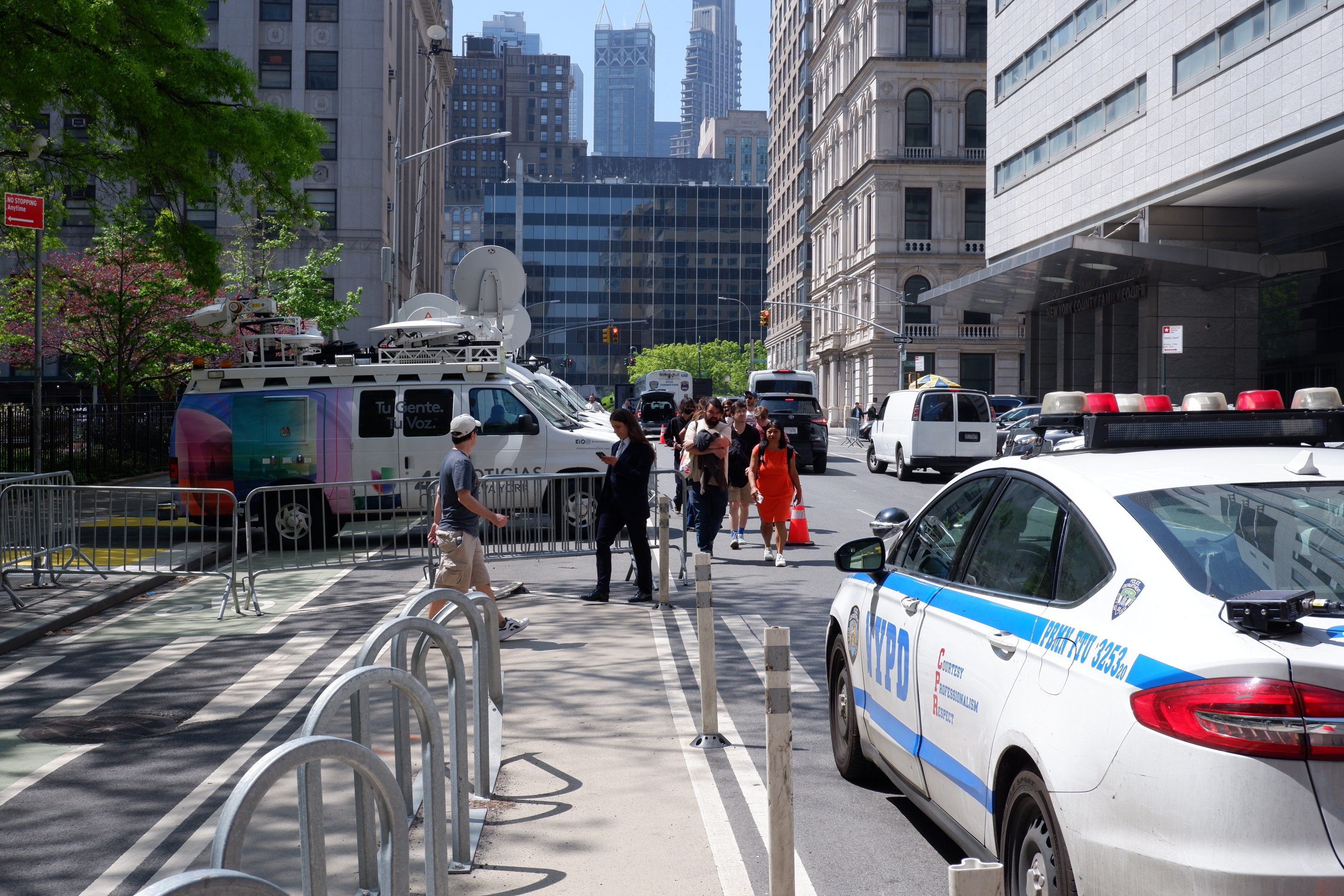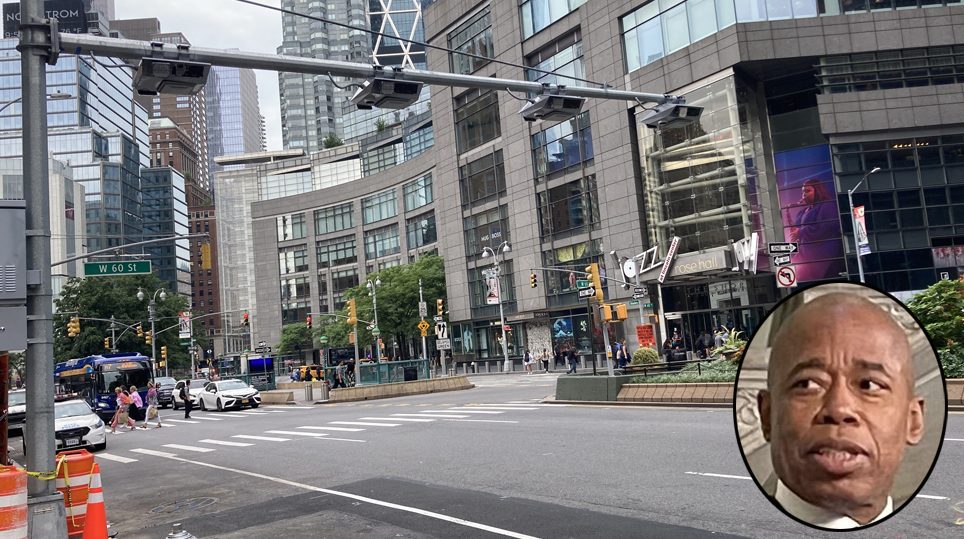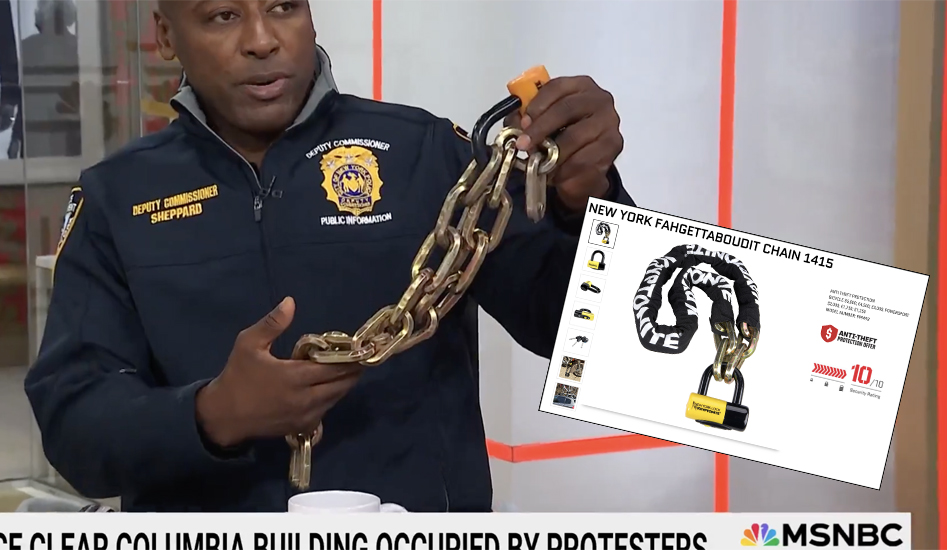With each passing month, the MTA comes closer to the day of reckoning on its unfunded capital plan -- the maintenance work that keeps trains and buses running and the expansion projects that provide more access to the system. While the first two years of the 2010-2014 capital budget were funded, there is a $10 billion deficit in the remaining three. So far, there doesn't seem to be any plan from the city, state, or federal government to find this funding. In fact, between the State Senate's goal of repealing the MTA payroll tax and the House GOP's budget-slashing, there may be more obvious paths to the MTA losing revenue than gaining it.
Albany has twice passed up the chance to plug a major part of this gap by enacting bridge tolls or congestion pricing. Increasingly, it's time to ask what happens to transit riders if legislators just don't do anything. The options aren't appealing: a $3.00 base fare or 1970s-style breakdowns and delays.
In one scenario, the MTA could decide that everything in the capital plan, from basic repairs to the system to megaprojects like the Second Avenue Subway, has to happen. In this case, they'd have to borrow the money to pay for the improvements up front. If the MTA borrowed all $10 billion, according to the state comptroller's office [PDF], the MTA's yearly debt service obligations would soar even higher than they are already projected to. In 2010, debt service cost the MTA $1.9 billion. If the capital plan is paid for by borrowing, by 2019 debt service would total $3.9 billion.
To pay for all that extra debt, the MTA would have to increase its yearly revenues the only way it can, by raising fares and tolls. According to Neysa Pranger of the Regional Plan Association, the MTA would need between $1 billion and $1.5 billion in new annual revenues to pay for $10 billion in bonds.
The 7.5 percent fare hike scheduled for 2013 -- that's on top of this year's equivalently sized hike -- is predicted to raise around $460 million a year, according to the comptroller's report. Based on that number, it will take roughly a 24 percent fare hike to get $1 billion in new revenue and a 32.25 percent hike to reach $1.5 billion.
For riders, that's a steep price to pay. If the fare hike is distributed evenly across different types of fares (for the latest hike, the base fare was held constant while the price of a monthly pass soared), that means a base fare between $2.80 and $3.00 and a monthly pass between $129 and $137.50 by 2014. If you think that people get mad about typical fare hikes, just wait.
For a single person buying a 30-day pass every month, that could add up to $400 more in transit costs each year. Families with children would be paying more than $1,000 more each year.
Another way to think about it is that this 24 percent fare hike would basically be in effect for 30 years, as straphangers gradually pay off this $10 billion loan. Over the 30-year lifetime of the bond, a single transit rider would spend an extra $12,000 to pay off just the next three years of unfunded capital projects.
The 2015-2019 capital program will need another revenue stream. Leaving that program unfunded would trigger a whole new cycle of borrowing and fare hikes.
In the end, the MTA is unlikely to put the entire cost of the capital program onto fare hikes. As Pranger pointed out, New York already puts more of the cost of its transit system onto riders than anywhere else in the country. "While it's reasonable to ask riders to assume some of the costs of maintaining the system, the operating ratio needs to remain stable," said Pranger.
In a follow-up post, we'll look at the alternative to massive fare hikes: deferred maintenance, unreliable service, and the deterioration of the transit system.





